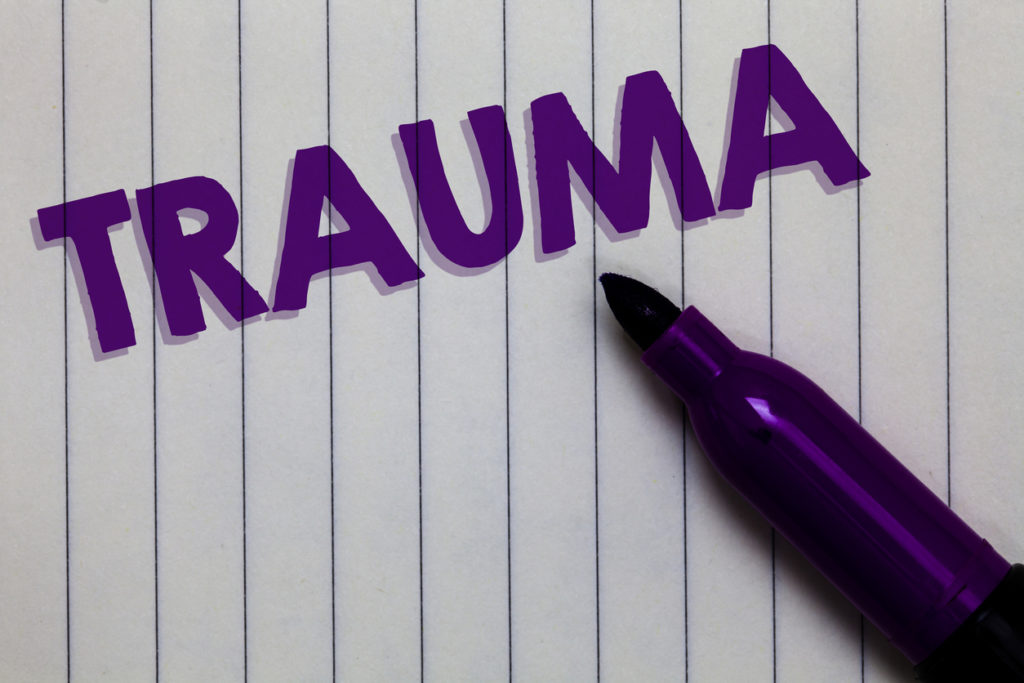EMDR Therapy for Trauma
I’m excited to be able to offer clients who have been through a trauma, Eye Movement Desensitization and Reprocessing (EMDR). EMDR is a type of therapy that was originally discovered over 20 years ago for the treatment of Post Traumatic Stress Disorder (PTSD) for combat veterans. As more research was conducted, it became apparent that EMDR was effective for many different types of trauma, not just PTSD. As it turns out, trauma is not a one size fits all type of thing. There are big “T” traumas and little “t” traumas. The big “T” traumas are usually what come to mind when we think of PTSD: combat war, child abuse and severe neglect, assault, life threatening events, serious injury, and sexual abuse. However, little “t” trauma can leave lasting effects causing significant emotional damage: emotional abuse, overly critical parent, bullying, body image criticism, illness, death of a loved one or pet, loss of a significant relationship or difficult breakup, to name a few. What big “T” trauma and little “t” trauma have in common is how the brain processed and stored the information. When something traumatic happens, it appears to get locked in the nervous system. The traumatic event contains the original “snap shot in time” with the same sounds, smells, thoughts, feelings and bodily sensations, as real as the day they were first experienced. EMDR works by allowing the brain to reprocess the trauma so that the trauma becomes a past memory and not a current and ongoing event. If you are experiencing symptoms from the past, in the present, EMDR might be the right type of treatment for you. Some symptoms might include: Addictive Behaviors Anger Issues Anxiety and Panic Body Image Issues Critical Voice in Head Depression Eating Disorders Grief Low Self-Esteem/Self Worth Relationship Issues Reliving the memory through flashbacks or nightmares Let’s talk. During our sessions we will decide together if EMDR might be the appropriate treatment for your concerns. You don’t have to be a prisoner of your past.
EMDR Therapy for Trauma Read More »









